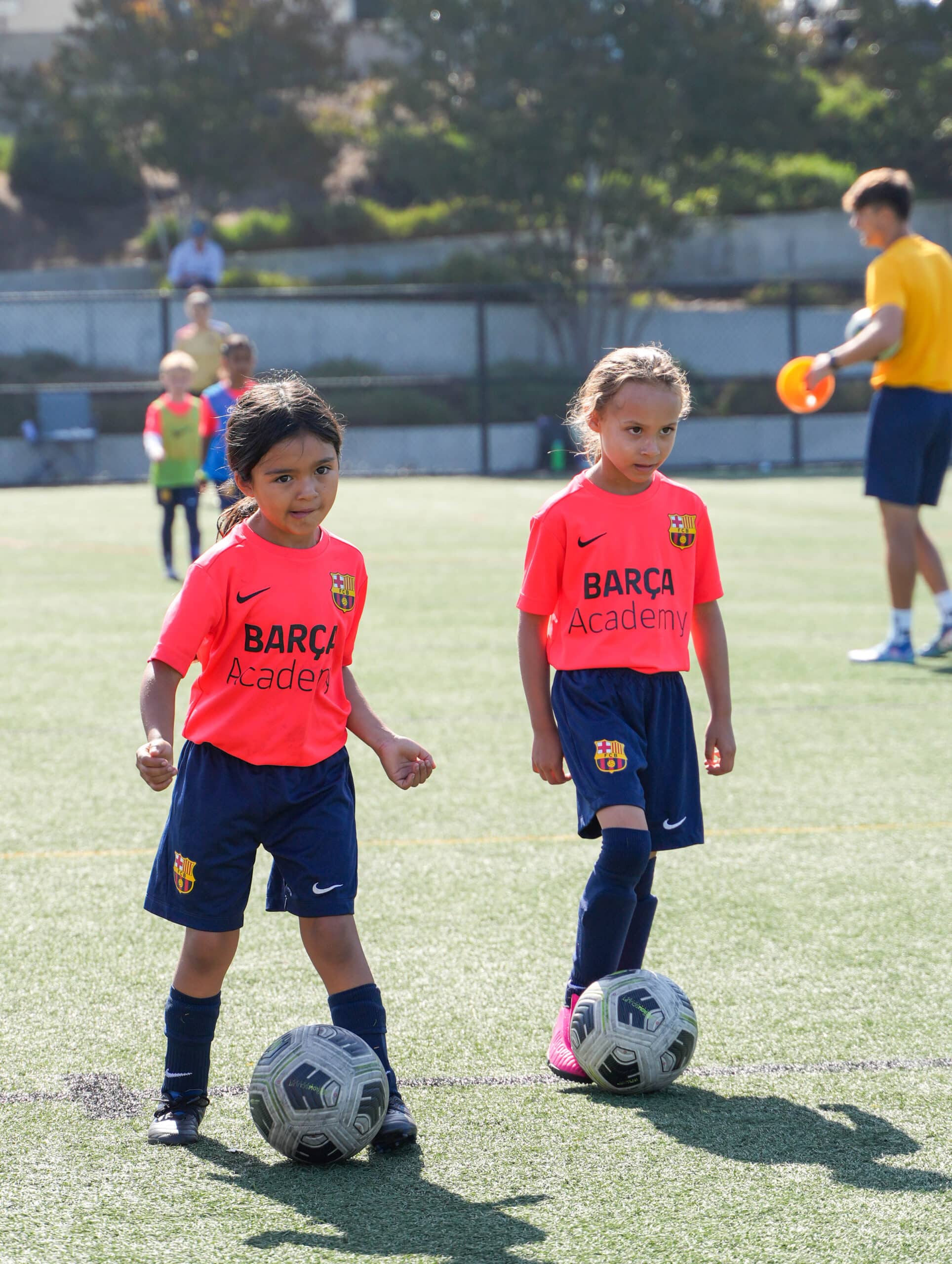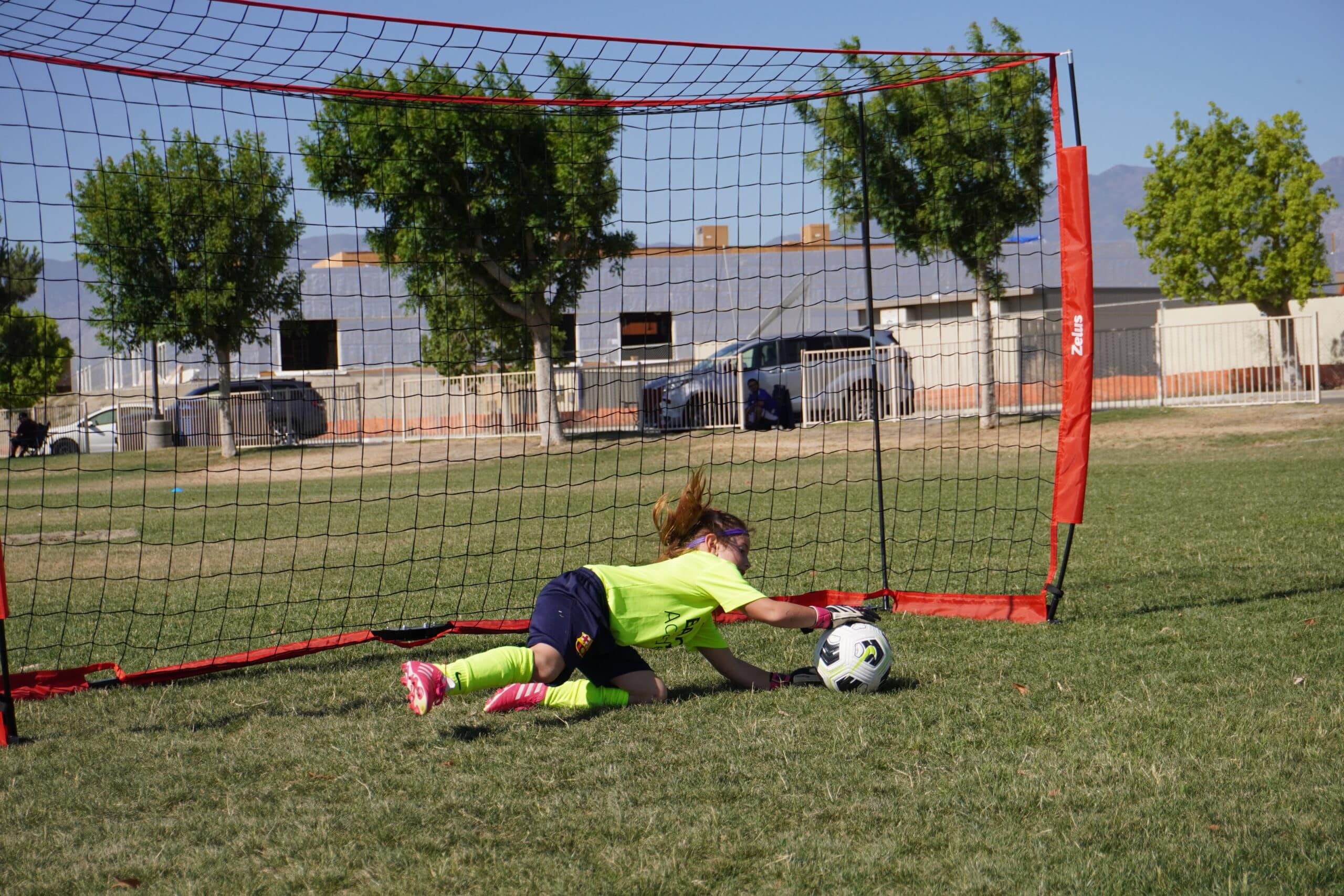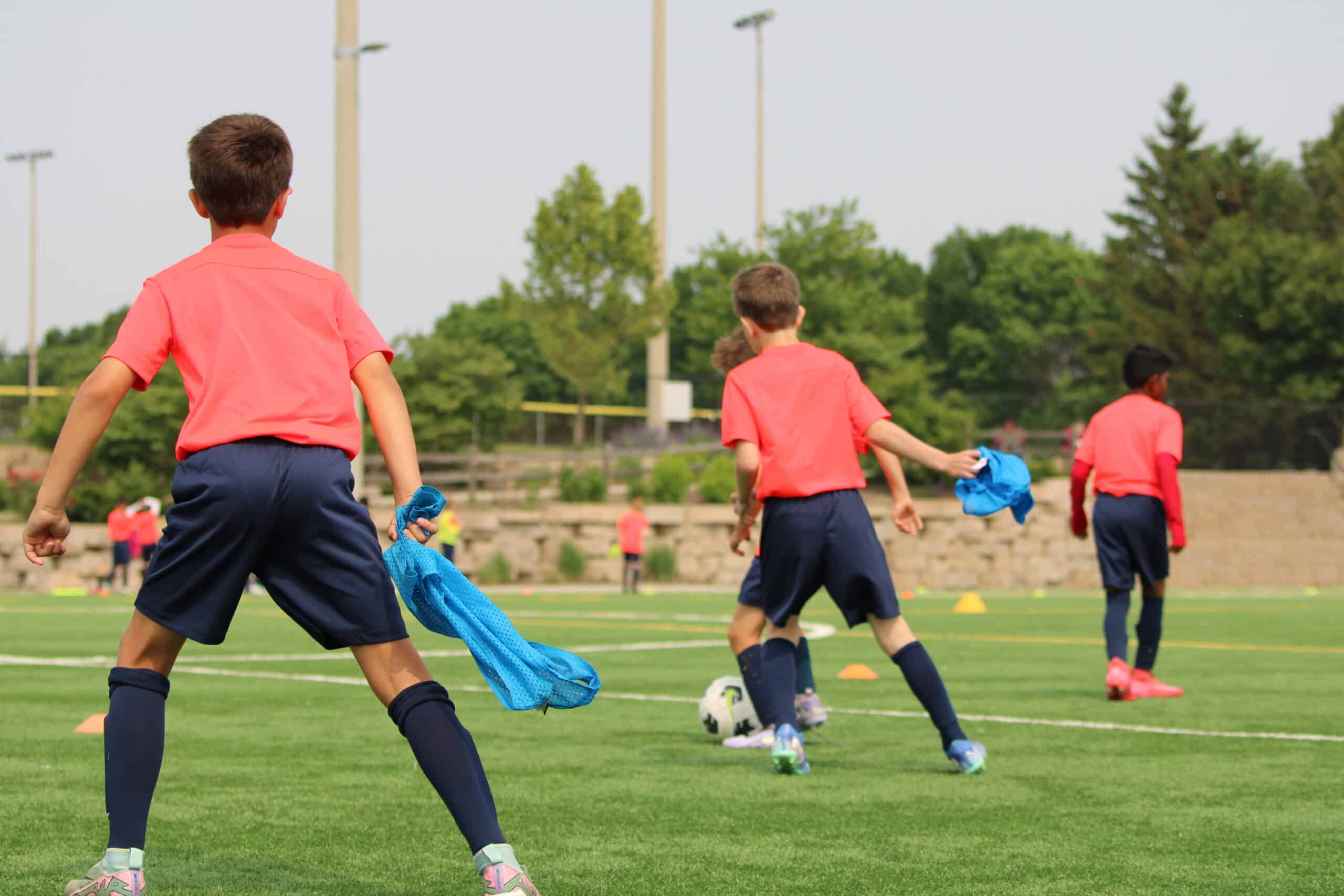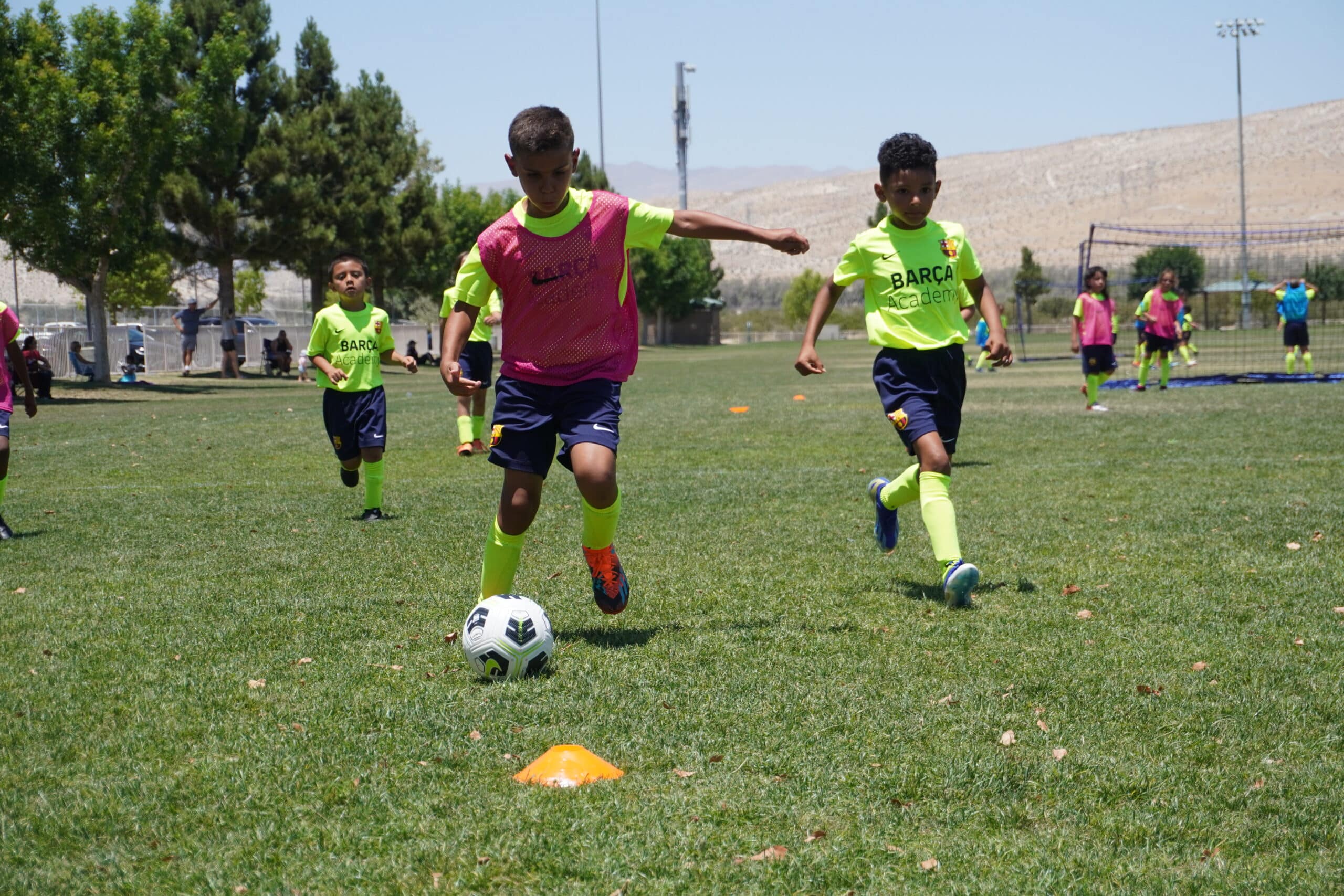Soccer, or football, is more than just a game; it is a global phenomenon that transcends cultural boundaries and unites people from all walks of life. For young aspiring players, soccer is a journey of passion, dedication, and growth. At the heart of this journey stand the soccer coaches, influential figures responsible for shaping young talents into well-rounded athletes and individuals. In this blog post, we dive into the critical role of soccer coaches in youth development, exploring their responsibilities, impact, and the qualities that make them effective mentors.
Nurturing the Seeds of Talent
The foundation of a successful soccer career begins with proper nurturing at a young age. Soccer coaches at youth academies, especially in ours, play a crucial role in identifying and developing young talents. They observe hundreds of kids with potential, offering guidance and support to nurture the seeds of talent and passion for the beautiful game.
An experienced and dedicated coach acknowledges that each player is unique, possessing different strengths and weaknesses. By observing, evaluating, and providing constructive feedback, coaches help young players understand their potential and guide them towards achieving their goals.
Coaches also play a significant role in encouraging young talents to explore different positions on the field. This allows players to discover where they can best utilize their skills and contribute to the team’s success. Through this process of exploration, coaches foster versatility and adaptability in their players, essential traits in the modern game.
Building a Strong Technical Foundation
Soccer is a sport that demands a high level of technical proficiency. From passing and shooting to dribbling and ball control, mastering these fundamental skills is crucial for any aspiring player. Soccer coaches emphasize the importance of technical training as the backbone of a player’s development.
At Barça Academy, coaches employ a series of progressive and interrelated exercises to build players’ technical foundation. They focus on repetition and precision, allowing players to develop muscle memory and become comfortable with the ball at their feet.
Coaches also understand that technical development must be combined with a strong comprehension of the game’s tactical aspects. By integrating these elements into their training sessions, coaches help young players become more well-rounded and intelligent athletes.
Developing Tactical Intelligence
In soccer, tactical intelligence is the ability to read the game, understand positional play, and make split-second decisions. Soccer coaches play a significant role in honing this aspect of a player’s development.
Through video analysis, interactive discussions, and on-field training, coaches educate young players about the importance of tactics in soccer. They teach players to anticipate the movement of opponents, identify spaces, and execute strategies to exploit weaknesses in the opposing team’s defense.
Developing tactical intelligence is an ongoing process that requires constant learning and adaptation. Effective coaches encourage their players to watch professional matches, study the techniques of experienced players, and stay updated with the latest developments in the sport.
Instilling Core Values and Character Development
Soccer coaches not only focus on developing technical and tactical skills but also emphasize character development and instilling core values. At Barça Academy, the emphasis on values like respect, effort, ambition, teamwork, and humility is representative of FC Barcelona’s ethos.
Coaches lead by example, demonstrating the values they want their players to embody. They promote a culture of respect, both for teammates and opponents, and teach players to play the game with integrity and sportsmanship.
Furthermore, coaches at reputable academies like Barça understand that soccer is a powerful tool for instilling important life skills. They teach players the importance of discipline, responsibility, time management, and the value of hard work.

Fostering Mental Strength and Resilience
Soccer can be a mentally challenging sport, with intense pressure and high stakes. Soccer coaches at our academy understand the importance of developing mental strength and resilience in their players.
They teach young talents how to cope with the stress and pressure of competition, providing techniques to stay focused and composed during crucial moments of a game. Moreover, coaches teach players to see failures and setbacks as opportunities for growth and learning.
By fostering mental strength and resilience, coaches prepare young players for the ups and downs of a soccer career and equip them with valuable life skills to handle challenges beyond the sport.
Creating a Positive and Inclusive Environment
One of the most significant responsibilities of soccer coaches is to create a positive and inclusive environment for their players. A safe and supportive atmosphere encourages players to express themselves freely, be creative, and take risks on the field.
Coaches understand that players perform at their best when they feel valued and supported. They maintain open lines of communication, listening to players’ concerns, and addressing any issues that may arise.
A positive team culture is also instrumental in developing team chemistry. Coaches foster a sense of camaraderie among players, emphasizing the importance of teamwork and collaboration to achieve collective goals.
Encouraging Lifelong Learning
Soccer is a constantly evolving sport, with new tactics, strategies, and innovations emerging regularly. Effective soccer coaches instill a love for learning in their players and encourage them to remain curious and open-minded.
Coaches introduce players to different playing styles and cultures, exposing them to diverse soccer philosophies. This exposure broadens players’ perspectives and encourages them to adapt their game to different situations.
Moreover, coaches inspire players to set personal and team-oriented goals. They help young talents map out a plan for their soccer journey, encouraging them to pursue further education and coaching certifications if they aspire to become coaches themselves in the future.
Conclusion
The role of soccer coaches in youth development extends far beyond coaching techniques and tactical strategies.
At Barça Academy, coaches take on the responsibility of shaping not just skilled players, but also well-rounded individuals. They nurture the seeds of talent, build technical and tactical foundations, instill core values, and foster mental strength and resilience. By creating a positive and inclusive environment, coaches inspire young players to love the game and embrace lifelong learning.
The impact of a great soccer coach resonates long after the final whistle, as their influence extends far beyond the playing field. The heart of any successful soccer team beats with the dedication, knowledge, and mentorship of its coaches. With their guidance and support, young talents blossom into confident athletes and upstanding members of society, carrying the values instilled by their coaches throughout their lives. The journey of youth development is a collaborative effort between the players and their coaches, and together, they create a legacy that transcends generations.














